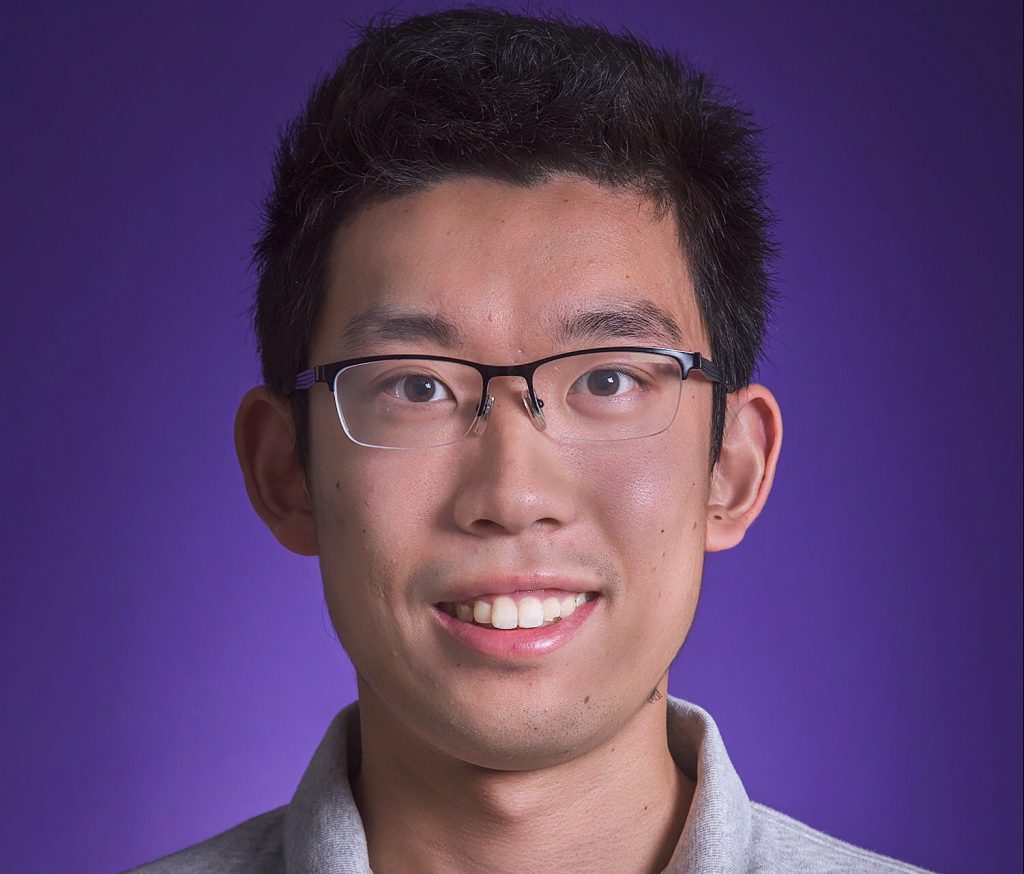
Three questions with SES PhD student Minghao Qiu
Minghao Qiu is a doctoral student in the IDSS Social and Engineering Systems program. He uses data to identify the environmental, social, and economic impacts of environmental policies.
Qiu has researched energy and pollution policies in China and is researching impacts of state climate policies in the U.S.
His work combines policy research, econometrics, statistical methods, and atmospheric chemistry models to examine how companies respond to environmental policies.
Previously Qiu earned a BS in Environmental Sciences and a BA in Economics from Peking University in China.
1. What is the focus of your research? What sort of knowledge and disciplines does it bring together? How will it make an impact?
My research interests are in the fields of environmental policy and economics, with a focus on air pollution and climate change. I am interested in the causal inference of the environmental and socioeconomical impacts of environmental policies, using real-world data. In my first paper at MIT, we evaluated the impacts and environmental outcomes of both China’s energy intensity and a pollution control policy on a firm’s behaviors. I combine econometrics, statistical methods, and atmospheric chemistry models in my research.
Using real-world data and emerging analytical methods, I hope my research will help to better understand how policies impact individuals, and to capture the societal dimensions of environmental issues that are not well understood in models.
2. Why did you choose to come to IDSS/SES?
IDSS/SES’s focus on data-driven policy studies is a perfect fit with my research interest, and I really enjoy the interdisciplinary atmosphere at IDSS/SES. IDSS/SES allows me to gain a solid training on both quantitative methods and social sciences. I also value the opportunity to work with my two co-advisors very closely, which motivate my research from both science and policy perspectives. The interactions with students/faculty from different backgrounds helped me to reflect on my own research from different perspectives. Although focusing on different problems, discussions with my cohorts greatly benefit me thinking more about quantitative methods and research design.
3. What do you enjoy about living in Cambridge? What do you like about the MIT community? What do you do in your spare time?
I enjoy living in Cambridge a lot because of the lovely environment, like the Charles River. There are so many things to explore in the city. I really appreciate the supportive environments in my research groups, the SES program, and IDSS. I enjoy attending different seminars across campus and talking to people from different backgrounds, which greatly helps me to expand my horizon. In my spare time, I love watching and playing basketball.



